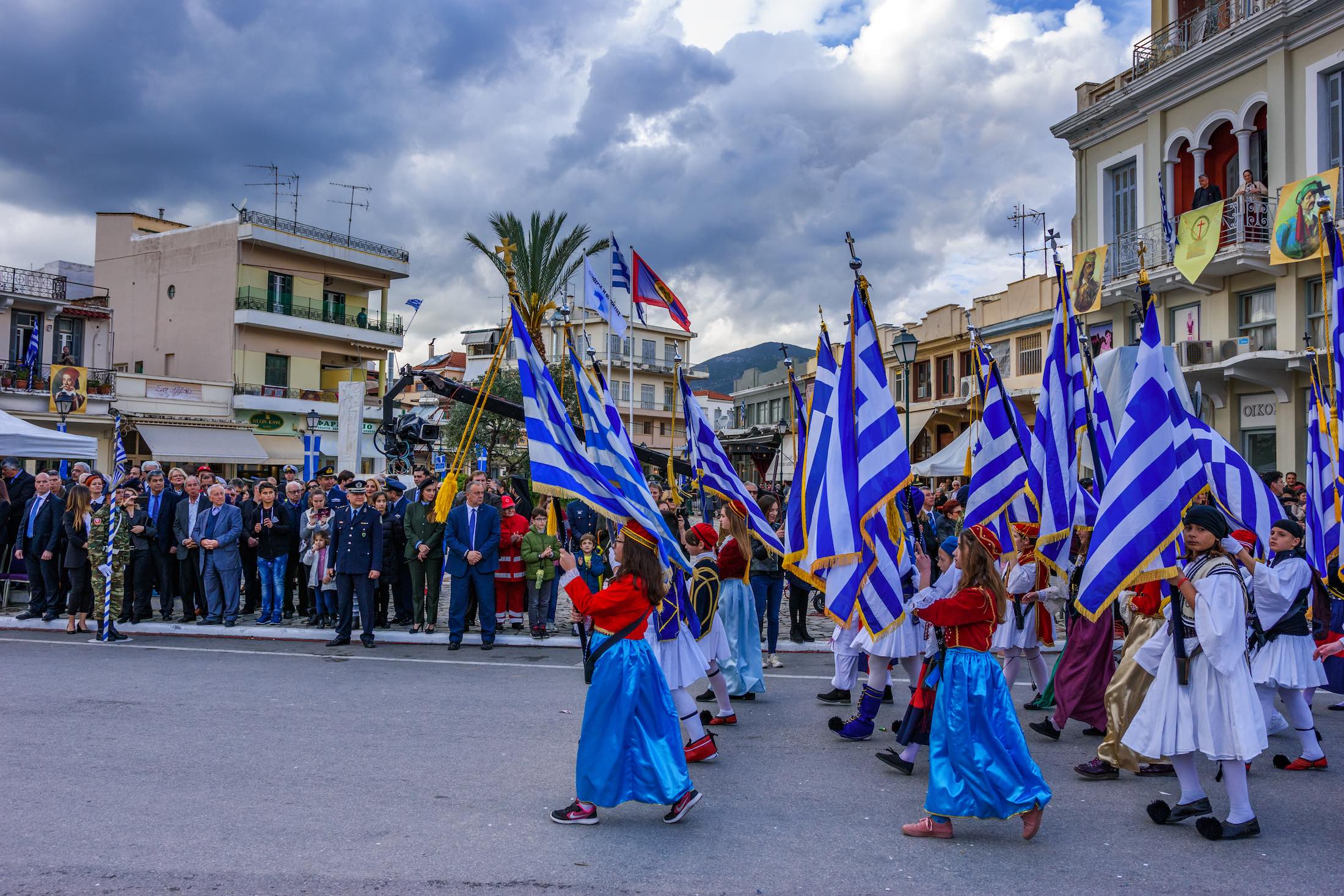
As we look back on history, there are moments that stand as testaments to the indomitable spirit of humanity, where the thirst for freedom and dignity transcends the barriers of time and space. One such epochal event is the Greek Revolution of 1821, a stirring saga of courage, sacrifice, and resilience that ignited the flame of independence in the hearts of Greeks and resonated across the world.
The Greek Revolution of 1821 was not merely a struggle for territorial sovereignty; it was a fervent cry for liberty against the tyranny of Ottoman rule that had gripped Greece for centuries. It was a culmination of years of oppression, cultural suppression, and economic exploitation that galvanized the Greek populace into action. Spearheaded by visionary leaders such as Theodoros Kolokotronis, Alexander Ypsilantis, and Laskarina Bouboulina, the revolutionaries rallied under the banner of freedom, invoking the spirit of ancient heroes like Leonidas and Pericles.
At its core, the Greek Revolution was a grassroots movement, fueled by the passion and determination of ordinary men and women who dared to dream of a better future. From the mountainous regions of the Peloponnese to the islands of Hydra and Spetses, Greeks from all walks of life took up arms, defying the odds and facing insurmountable challenges with unwavering resolve.
The revolution was not without its trials and tribulations. The Greeks faced formidable adversaries in the Ottoman Empire, whose military might seemed insurmountable. Yet, through sheer tenacity and strategic brilliance, the revolutionaries managed to secure crucial victories, including the pivotal Battle of Navarino in 1827, where a coalition of European powers intervened in support of Greek independence.
Explore Crete with a rental car from 13€ per day
Moreover, the Greek Revolution captured the imagination of the world, inspiring countless individuals and nations to stand in solidarity with the Greek cause. Poets like Lord Byron immortalized the heroism of the Greek fighters through their verses, while diplomats and statesmen championed the Greek struggle on the international stage.
Ultimately, the Greek Revolution of 1821 culminated in the establishment of the modern Greek state, signaling the triumph of liberty over oppression and marking a new chapter in the annals of history. It served as a beacon of hope for oppressed peoples around the world, proving that even in the face of seemingly insurmountable odds, the human spirit is capable of achieving the impossible.
As we commemorate the bicentennial of the Greek Revolution, let us not only honor the sacrifices of those who fought and died for freedom but also reaffirm our commitment to the timeless ideals of democracy, justice, and human dignity. May the legacy of the Greek Revolution continue to inspire future generations to strive for a world where liberty reigns supreme and the spirit of resistance burns eternal.
Celebrating the Greek Revolution of 1821 in Greece
Parades and Ceremonies
One of the most prominent ways Greece celebrates the Greek Revolution is through grand parades and solemn ceremonies held in cities, towns, and villages across the nation. These parades often feature military units, school children, historical reenactors, and veterans marching through the streets, accompanied by patriotic music and flag-waving crowds.
Flag Raising
On March 25th, the anniversary of the Greek Revolution, the blue and white flag of Greece, often adorned with a black ribbon as a symbol of mourning for the fallen heroes, is raised in public squares, government buildings, and historical landmarks throughout the country. This symbolic gesture honors the courage and sacrifices of those who fought for independence.
Church Services
Religious services play a significant role in the commemoration of the Greek Revolution, with special prayers and memorial services held in churches across Greece. These services honor the memory of the revolutionaries and invoke divine blessings for the nation's continued prosperity and freedom.
Cultural Events
Throughout the month of March, various cultural events, including exhibitions, concerts, theater performances, and lectures, are organized to celebrate the rich heritage and legacy of the Greek Revolution. These events showcase the artistic and intellectual achievements of the Greek people and foster a deeper understanding of their history and identity.
Educational Programs
Schools and educational institutions play a vital role in transmitting the history and significance of the Greek Revolution to younger generations. Special lessons, workshops, and educational programs are organized to teach students about the events leading up to the revolution, the struggles of the revolutionaries, and the impact of Greek independence on the world stage.
Public Speeches and Tributes
Political leaders, dignitaries, and community leaders often deliver speeches and tributes honoring the heroes of the Greek Revolution and reaffirming the nation's commitment to the principles of freedom, democracy, and national unity. These speeches serve to inspire patriotism and solidarity among the Greek people.
Traditional Festivities
In addition to formal commemorations, many Greeks celebrate the Greek Revolution through traditional festivities, such as feasts, dances, and folk performances. These joyful gatherings bring communities together to honor their shared history and cultural heritage.
Overall, the celebration of the Greek Revolution of 1821 in Greece is a multifaceted expression of national pride, remembrance, and resilience, reflecting the enduring spirit of the Greek people and their unwavering commitment to freedom and independence.

 Car hire
Car hire





